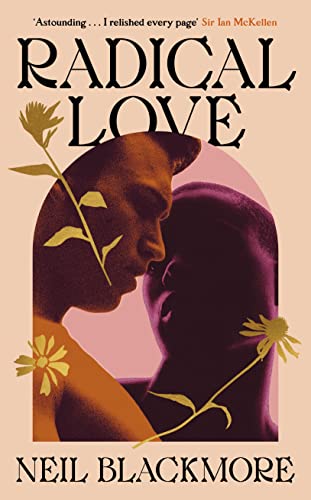Radical Love
London 1809. The Reverend John Church, a self-made man rising from the dregs of poverty and abuse, is a decidedly unorthodox nonconformist gay clergyman. Handsome and charismatic, his sexual identity and activities put him in constant danger of the vicious retribution of both the state and the mob, who seemed to single out male homosexuals for particular vilification. It brings out the worst hypocritical intolerance within London society and demonstrates with a chilling clarity just how evil supposedly religious and upstanding moral guardians can be to those who do not share their creed. John Church meets a young Black man, Ned, and a romantic and sexual obsession begins.
John Church conducts mock weddings within the gay community, between crossdressers and their “admirers” in a so-called molly house in Vere Street, London. But he is very much the unreliable narrator – psychologically damaged by his treatment and experiences as a child. Elements of Blackmore’s narrative are based upon historical events and characters, in particular the scandal surrounding the shock of the uncovering of male homosexual groups and licentious clubs. There seems to be a special congruity with what we see as the blinkered and hateful standards of behaviour from over two centuries ago, with contemporary entrenched attitudes. “People hold fast to their convictions, and there is nothing that can shake them, not even goodness or truth”. The text, written in first-person narrative by John Church, is a peculiar mixture of early 19th-century argot and conversation, with modern 21st-century conventional usage. This is no cosy costume drama for a Sunday evening’s light entertainment, but a dose of unpleasant and intense reality.










